Blogs
-

The Healing Power of Online Music Fandoms
Lauren O’Hagan discusses her engagement with online fandom sites, and ways in which they can contribute to improved mental wellbeing.
19th November 2024 -
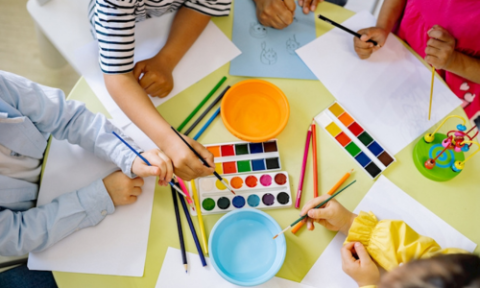
The Arts in lived experience of loss
Kerry Jones explores the use of the arts in research about and for young people during the Covid-19 pandemic, as well as new projects working with bereaved fathers and carers.
8th July 2024 -
![Books will sometimes rouse me beyond my nature... / [Dr. Jayne Company]. Public Domain Mark. Source: Wellcome Collection. Two young boys in classical dress, looking at an oversize book, pointing to the words.](/sites/fass.open.ac.uk/files/styles/large/public/news/books-will-sometimes-rouse-wellcome-collection.png?itok=vZCujLcs)
Does fiction make people more empathic… and is that a good thing?
Can reading fiction help improve our skills of empathy, and how might that be achieved? Psychologist Rose Turner surveys the evidence and asks where research might focus next.
23rd April 2024 -
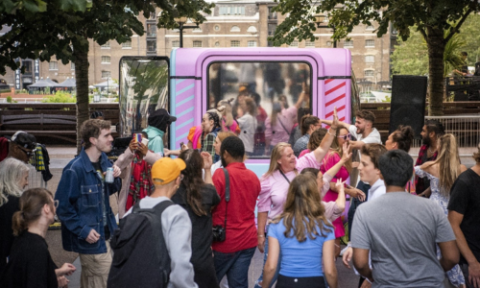
One size does not fit all, unlocking the door to creativity - The Loss Project
The Loss Project uses creative activities to support people and communities experiencing grief and loss. Carly Attridge and Claire Henry discuss some of the different approaches they have used.
19th March 2024 -
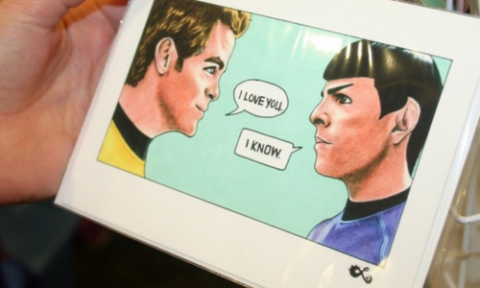
‘Accepting me’: young people reflecting on fanfic and their identity
Naomi Holford and Sara Clayson’s project explores the ways in which fanfiction can help young people’s wellbeing. Narratives of sexuality, gender and disability create an important space for engaging with aspects of identity and representation.
7th February 2024 -
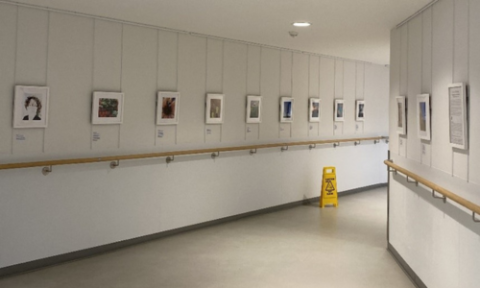
Arts for Health, Milton Keynes
We’re writing today about a project in development; an evaluation project with charity Arts for Health Milton Keynes. Their work fits well with this research group. Not only are they based in Milton Keynes University Hospital and are local to The Open University campus, but their work focuses on fostering the health and mental health benefits associated with participation in the arts.
31st January 2024 -
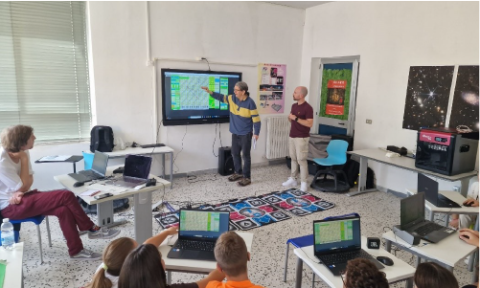
Teaching Music Harmony to Schoolchildren Using Technology
Nicholas Canny and Simon Holland discuss the development of their interactive tool, Harmony Space. The tool is intended to give access to musical experiences for those with no training, including people with disabilities.
12th December 2023 -
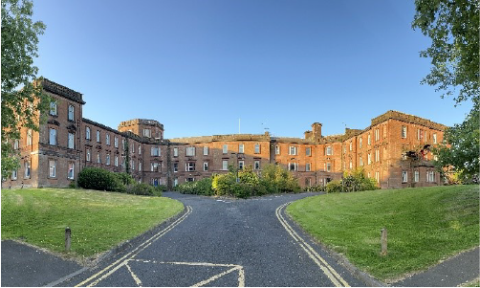
The Psychiatry and the Arts in Nineteenth-Century Britain Network
Rosemary Golding introduces the Psychiatry and the Arts in Nineteenth-Century Britain Network, which seeks to bring together historians and practitioners in order to find new connections and research directions.
5th December 2023 -
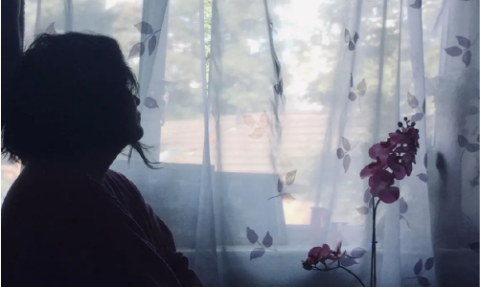
Poetic explorations of illness, disability, love, and loss
Poetry and creative writing offer new forms of expression in the most difficult of human experiences. Patrick Wright introduces his collection of poems inspired by experiences of disability, illness and the loss of his partner.
8th November 2023 -
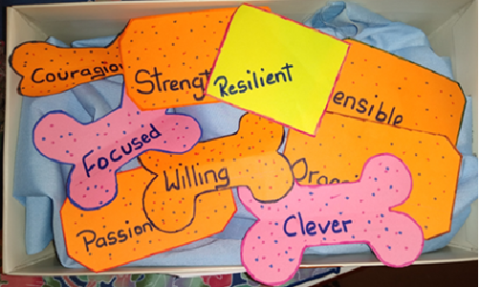
Art and Domestic Violence - Creating tools for healing and empowerment
This blog post describes a project using art to help women living in sheltered domestic violence refuges in Guyana. The women created boxes exploring their skills and aspirations, shared experiences, built communities and founded businesses.
27th October 2023 -
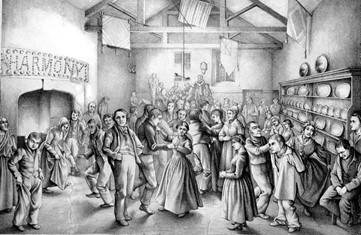
Music and Mental Health: historical perspectives
Music was widely used by the Victorians to improve mental health in newly-founded lunatic asylums, via concerts, dances and ad-hoc music making. This post explores some evidence from contemporary published articles.
29th September 2023 -
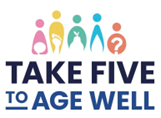
Take Five to Age Well - simple steps to a longer, healthier, happier life
The ‘Take Five to Age Well’ programme demonstrates ways in which we can adopt new lifestyle factors to affect ageing. These include aspects where the arts can affect both mental cognition and social engagement.
20th September 2023 -
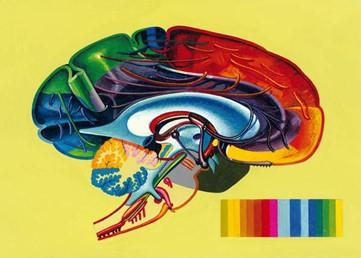
Introducing the Health and the Arts Research Group
Introducing the Health and the Arts Research Group, our activities to date, and the scope of our work. We draw academics from across the University with research interests in the intersections between health and arts.
20th July 2023
